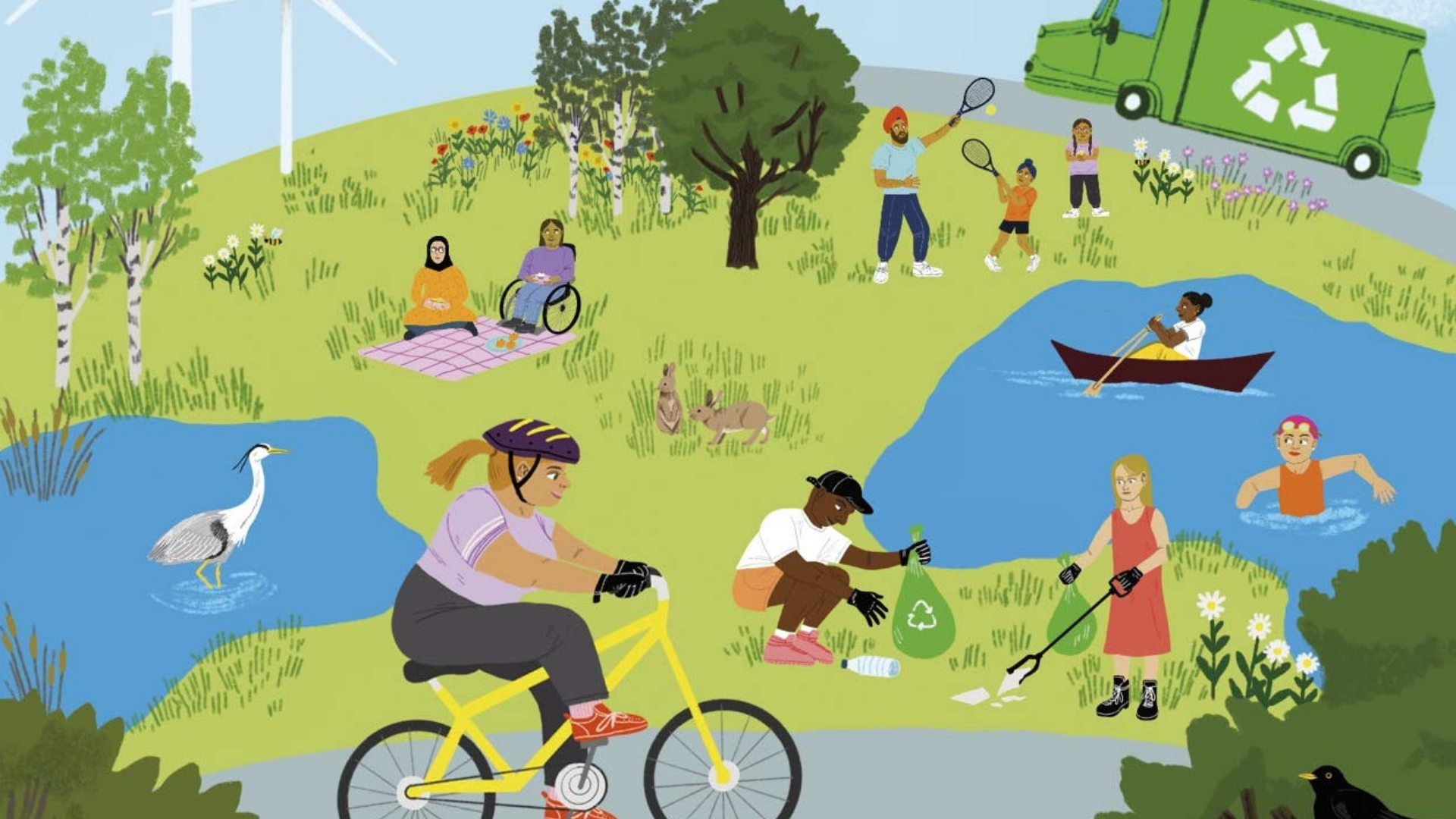As adults, it can be easy to wash our hands of responsibility when it comes to environmental issues. We talk about teaching youngsters to love their planet and preach about the next generation having the power to change the future (which they do), without making the necessary changes to our own lives and mindsets.
Children are born with an innate love for the beautiful world that they live in. They know the simple joy of grass under their feet and mud in their hands. It is not our responsibility to teach them how to love nature. But it is our responsibility to encourage and nurture that most basal of desires that they already possess: to engage with and care for their perfect planet.
Lockdowns have taken income away from hundreds of Big Issue sellers. Support The Big Issue and our vendors by signing up for a subscription.
So let’s start with spending time in nature. All of us! Time in nature is essential for everyone, not just children. It teaches us mindfulness, resilience, compassion and a thousand other lessons, while also being good for our body and soul. Even better, if we get the grownups outside, then we might remind them of something they always knew – the natural world is something worthy of protecting!
We must arm our children with facts, direction and inspiration if they are to become the informed and impassioned adults they have the potential to be
Sometimes time outside can be seen as an antidote to screen time. I agree with this to a certain extent. Screen fatigue is real and nature can definitely help with that, but screens and technology can also be used to complement time in nature and can actually enhance a child’s experience of time outside. Identifying plants and animals at the click of a mouse, instant access to a bank of ideas for ways to create and explore outdoors, connecting with other people through a shared love of nature: these are all ways in which technology can enhance, rather than detract from, time outdoors. Either way, the end result is the same: If children are in love with the natural world then the obvious next step is to want to know how to protect it.

That is why I write conservation books for children. While the desire is innate, the knowledge is not. We must arm our children with facts, direction and inspiration if they are to become the informed and impassioned adults they have the potential to be. They already know why they want to protect their world, but not necessarily what damage has already been done or how best to make a positive impact.









